
Eco-friendly heat exchangers are developed as part of an effort to minimize environmental impact by considering factors such as energy efficiency, material usage, and refrigerant type.
This technology not only contributes to environmental protection but also helps reduce costs in the long term.
Choosing a heat exchanger that considers both energy savings and environmental protection is becoming increasingly important.
Aluminum heat exchangers are widely used in various industries due to their excellent thermal conductivity, corrosion resistance, lightweight properties, and cost efficiency.
Their eco-friendly characteristics, particularly their recyclability, make them a highly sustainable technology.
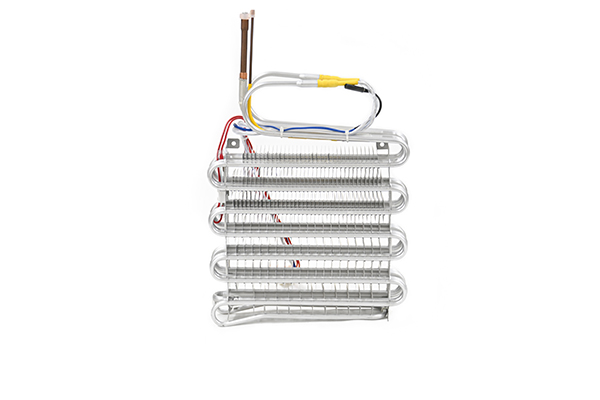
Refrigerator heat exchanger
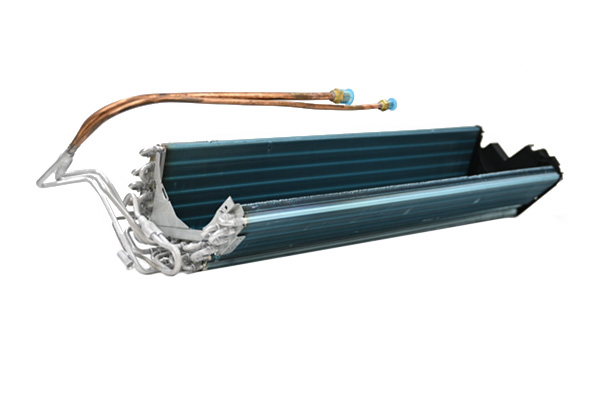
Window-type air conditioner heat exchanger
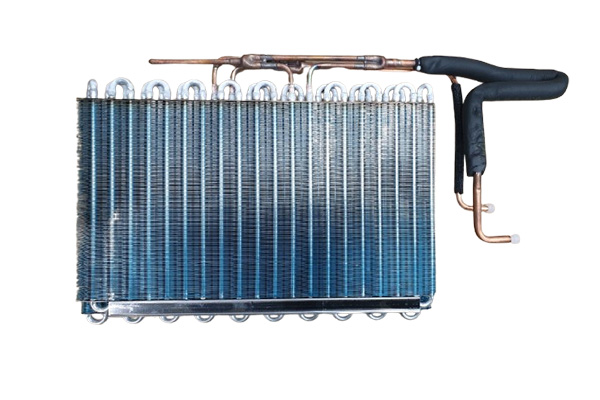
Window-type air conditioner heat exchanger
A fan coil unit is a product that includes a blower, coil, and air filter within a casing for cooling and heating purposes.
While air conditioners inject refrigerant internally, fan coils circulate cold or hot water through the coil to generate cold or warm air, making them suitable for small spaces.
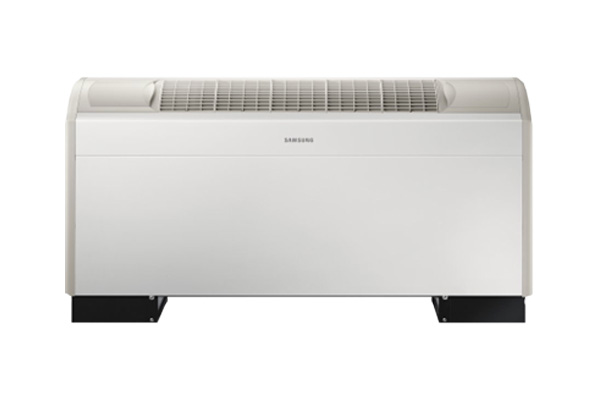
Floor-standing (exposed type)
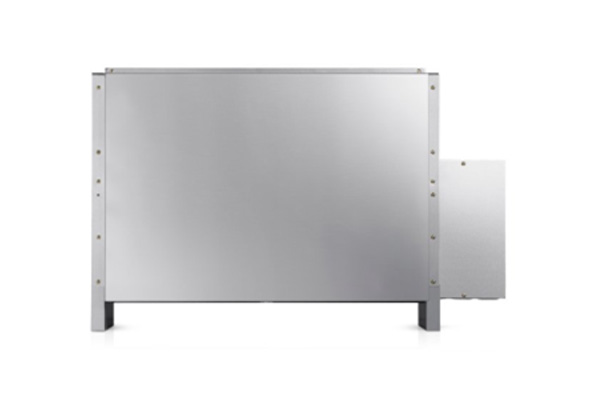
Floor-standing (concealed type)
A heat pump is a high-efficiency heating and cooling system that uses various heat sources (air, water, geothermal) to transfer energy and regulate temperature in an environmentally friendly and economical way.
As a system that prioritizes energy savings and environmental sustainability, it is gaining significant attention in modern society and is widely used in residential and commercial buildings.
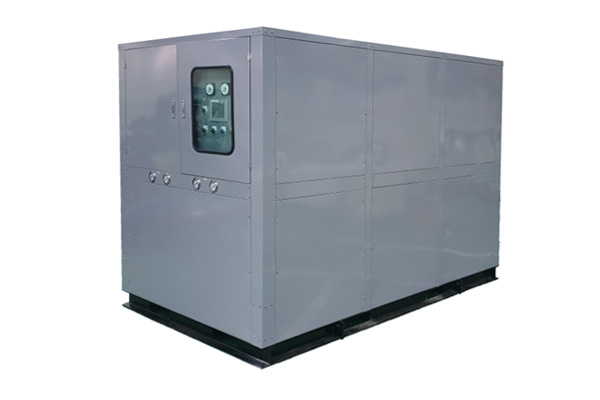
Seawater source heat pump (DH-70SW)
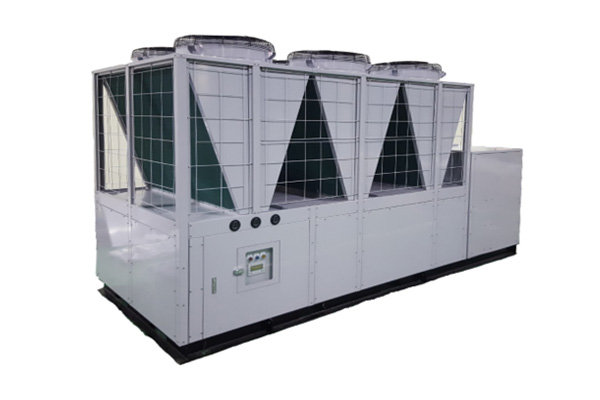
Hybrid heat pump (DH-70CSW)

Geothermal heat pump (DH-50GWL)
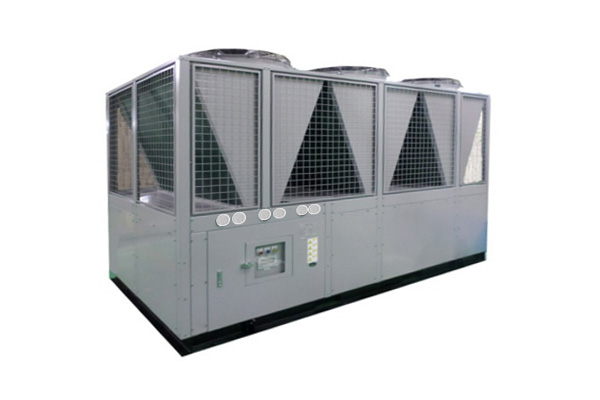
Air source heat pump (DH-60MAW)